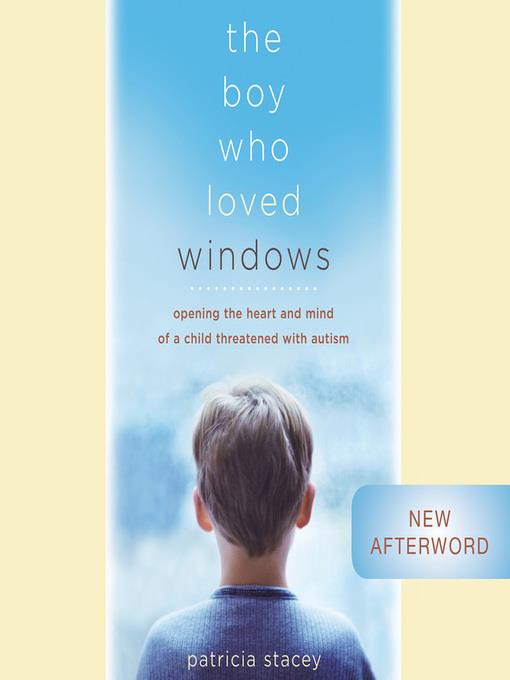
The Boy Who Loved Windows
Opening The Heart And Mind Of A Child Threatened With Autism
کتاب های مرتبط
- اطلاعات
- نقد و بررسی
- دیدگاه کاربران
نقد و بررسی

August 25, 2003
Former Atlantic Monthly staffer Stacey makes her debut with a sharply observed, deeply personal account of her son Walker's metamorphosis from a worryingly unresponsive infant to an intelligent, normally functioning child. Living in the leafy college town of Northampton, Mass., Stacey documents her harrowing experiences as a mother, as she and her husband, Cliff, quickly realize that Walker is not a normal, happy baby. Walker fails to respond to his parents, eats very little, is unable to express emotion and spends much of his time staring at windows. Stacey works night and day to try to reverse Walker's diagnosis of possible autism, trying every conceivable treatment and specialist and obsessively educating herself about new trends in the neuroscience behind the disorder. She realizes that Walker blankly stares out of windows not because his senses are dulled but because they are overwhelmed; Walker is hypersensitive to the world and cannot cope with the constant rush of stimuli. Child psychiatrist Stanley Greenspan recommends his controversial "floor time" strategy for Walker: several hours of rigorous playtime between parent and child per day, emphasizing interaction. The time, money and stress involved in maintaining an intensive schedule of treatments for Walker from his eighth to 20th month soon show their toll on the Stacey family, as funds run dry, the parents grow further apart, and less time is available for Walker's older sister, Elizabeth. Stacey in particular becomes increasingly nervous, obsessive and exhausted from her constant battle to improve her son's life, but the result is stage-by-stage breakthroughs. Some readers will want less personal and medico-historical detail and fewer in-depth treatments of the various therapies and sessions, but Stacey keeps the focus on her own understanding, which ultimately sustains the book.

August 1, 2003
Personal narratives about autistic spectrum disorders (ASD) can be tremendous resources for parents, educators, and therapists if they document successes and failures. In The Gift of Autism, Sharp, a family physician, writes about her autistic son, Nic, now 12. Like Kelly Harland in A Will of His Own, Sharp discusses ASD's effect on her as a parent rather than on her child. While sharing some valuable observations about issues like the failure of others to understand one's situation and the difficulty of obtaining services, she leaves out age benchmarks in anecdotes of Nic's behavior, making it difficult to gauge either the severity of his condition or the status of his progress. And in describing a tantrum, for instance. she explains how horrible she felt but not how she calmed Nic down-information the reader really needs. In The Boy Who Loved Windows, Stacey, a writer and college instructor, recounts the intense therapies undertaken by her son, Walker, now six, when he showed signs of severe sensory integration issues before one and possible autism at a very early age. Providing constant benchmarks and vivid descriptions of Walker's progress, Stacey talks about the family stress caused by a child with special needs, sibling issues, dealing with public early-intervention services, and therapies. Of note is a description of meetings with Stanley Greenspan, a noted child psychiatrist, and the implementation of his "floor time" method of therapy, one now greatly in use with ASD children. The far stronger of the two books, Stacey's is recommended for all public libraries and for academic libraries with education and social work collections. Sharp's is recommended only for libraries with comprehensive autism collections.-Corey Seeman, Univ. of Toledo Libs., OH
Copyright 2003 Library Journal, LLC Used with permission.

























دیدگاه کاربران